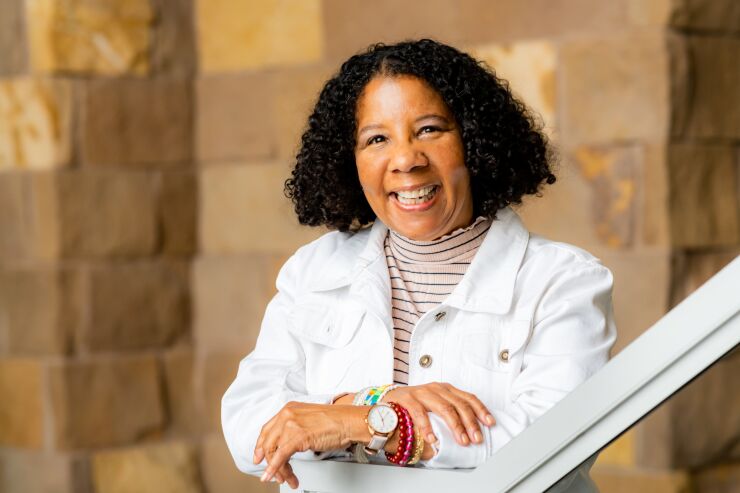That's the conclusion of a new report by Fidelity Charitable, the
Read more:
The report comes as wealth management, industry-wide, shifts increasingly towards holistic financial planning.
Among investor respondents who didn't already have a financial advisor, those aged 21 to 41 — Generation Y millennials and Generation Z respondents — were twice as likely as those classified as baby boomers, aged 58 and above, to prefer a financial advisor who could help them with charitable giving goals. The study also found that among those with advisors, 71% of investors dubbed "Gen YZ" valued their advisor's support in creating a legacy that benefits the world — compared to only 36% of boomers who did so.
As millennials climb the career ladder on their way to middle age, some are already inheriting fortunes from older family members in the "great wealth transfer" that industry research firm Cerulli Associates has estimated will see
Read more:

"Though these clients might not necessarily represent a large opportunity in the current wealth segment, as the landscape changes, they're going to become the larger wealth holders," Brandon O'Neill, a certified financial planner who is the
And advisors can add value in this context not only by having the charitable giving conversation with a younger investor, but changing how they talk about it, O'Neill said.
"The older donors typically just write checks to their favorite charity, or they write checks to their donor-advised fund or foundation or whatever it might be," he said.
Younger clients want to be more innovative and strategic in their giving, as well as peer-engaged in the process.
"That can come through things like impact investing, or donating unique assets like cryptocurrency," he said.
Read more:
Donor-advised funds are also growing in popularity, O'Neill said, as they allow tax benefits and give donors a more active hand in the philanthropic process than just a simple cash donation.

For Diane Manuel, a CFP who specializes in helping clients with charitable giving, the findings are "precisely on point" with her own experience.
Manuel is a
By that, she means that Gen Y and Z clients are concerned more about being part of an equitable and inclusive society.
"Therefore, advisors should be prepared to lead discussions regarding impact, not just performance."







